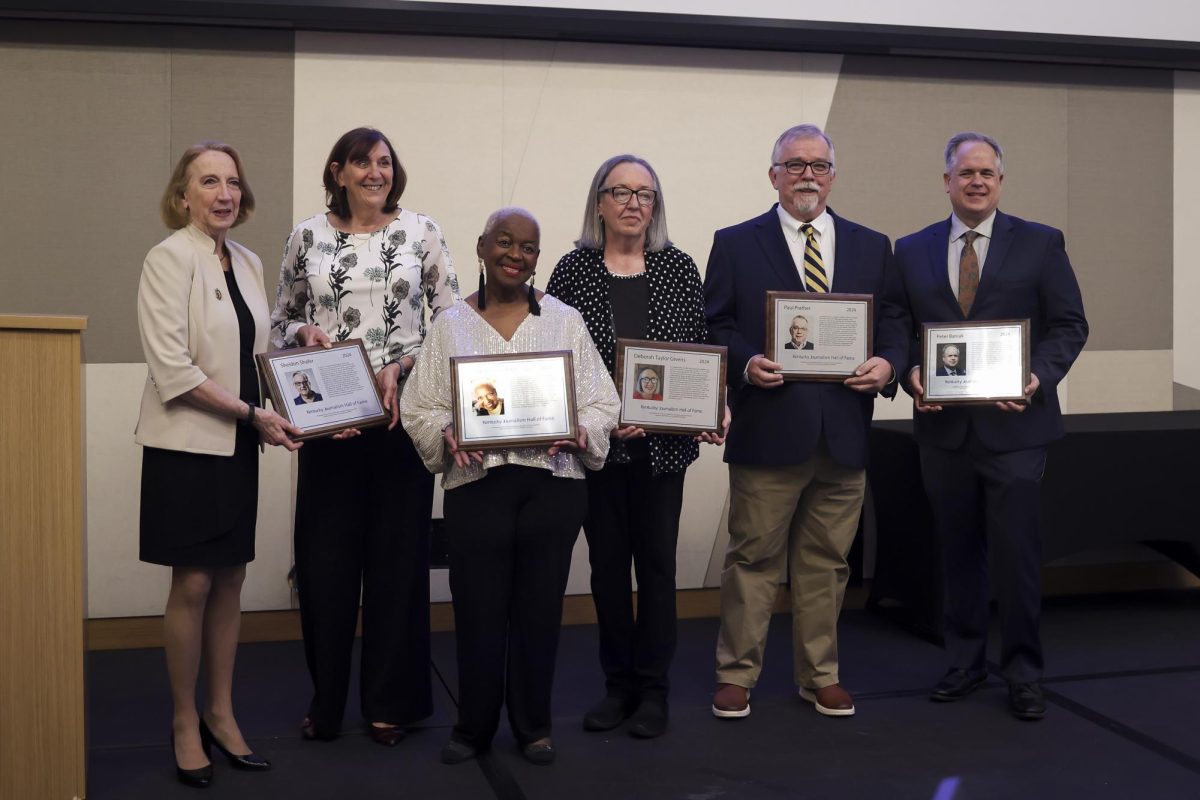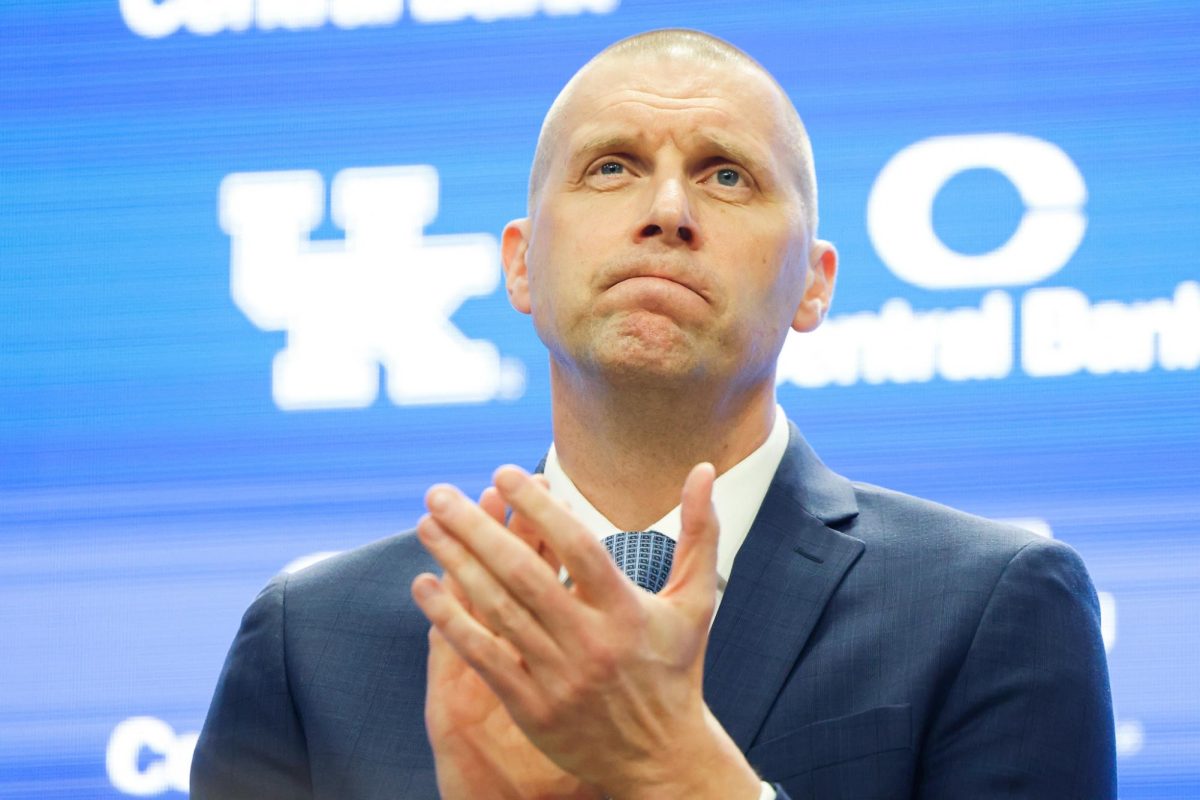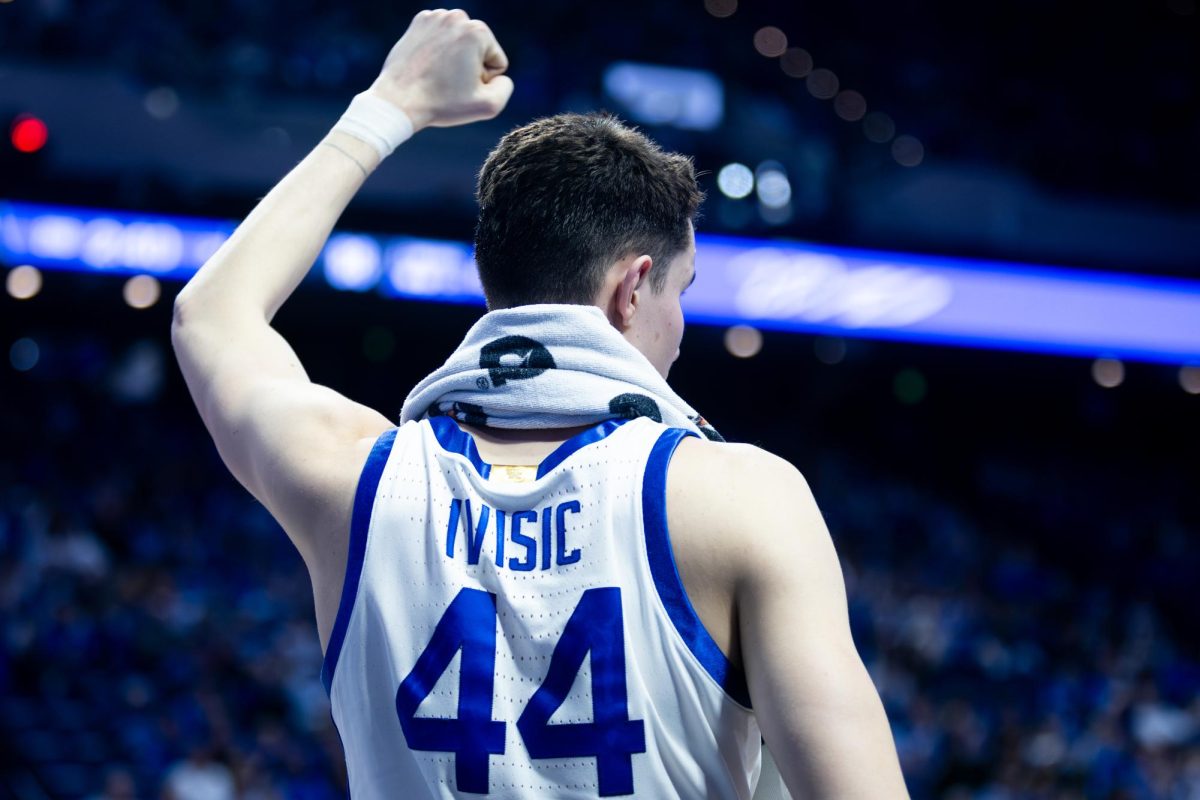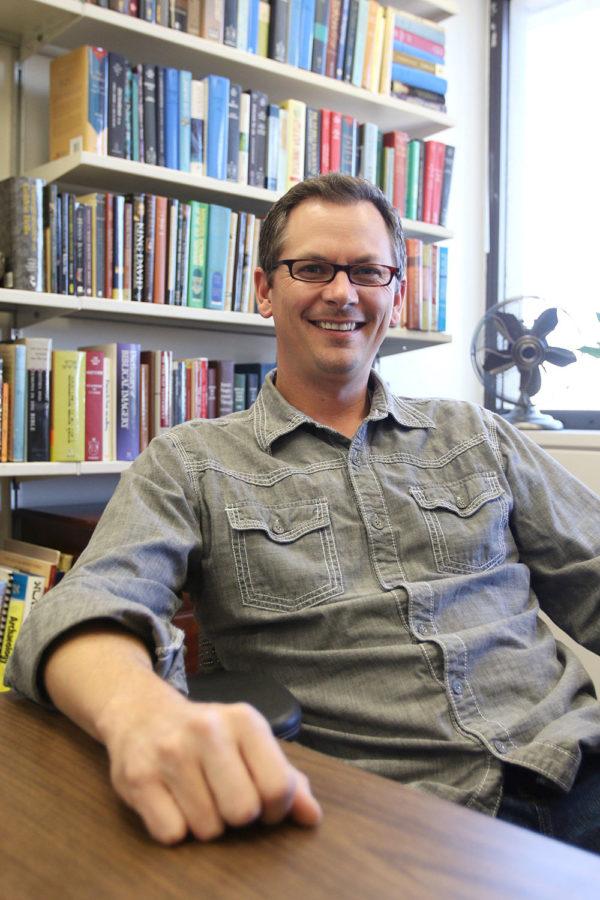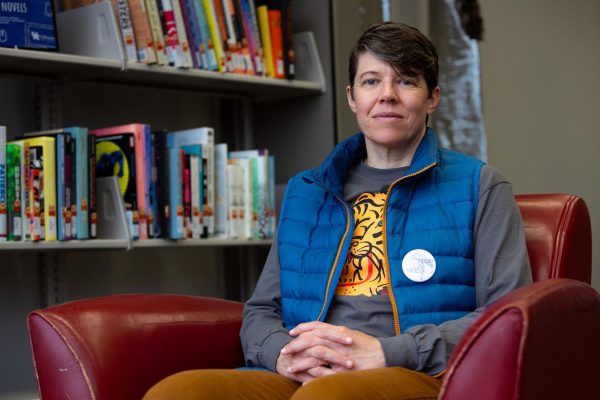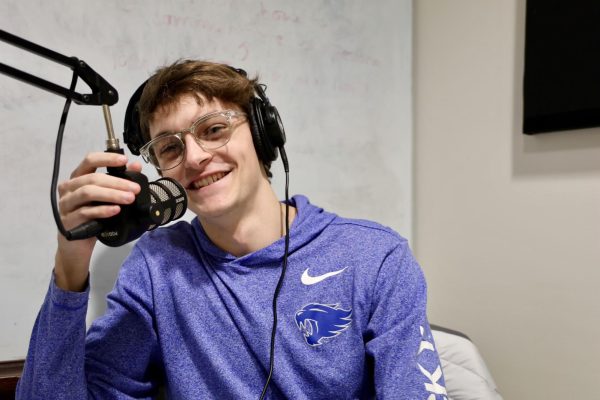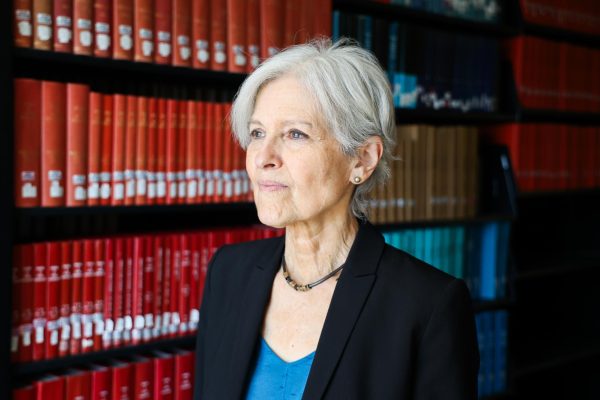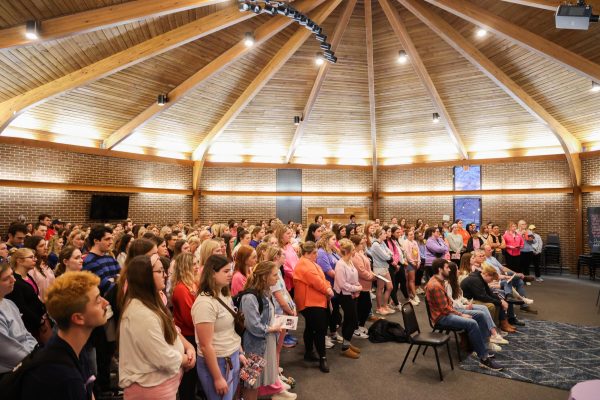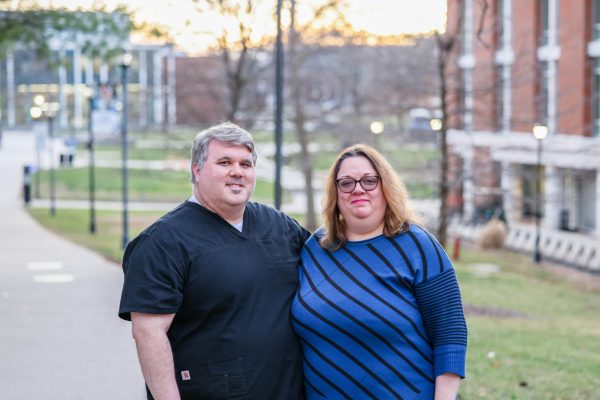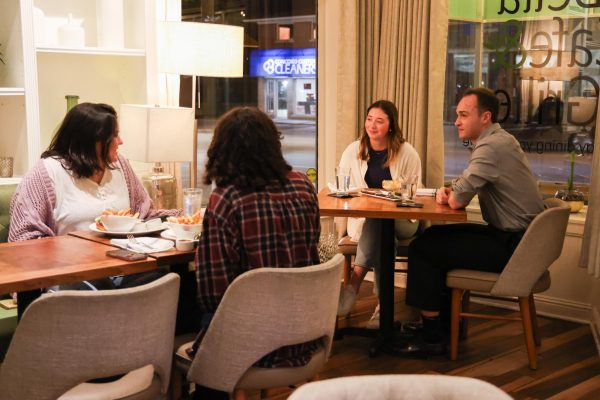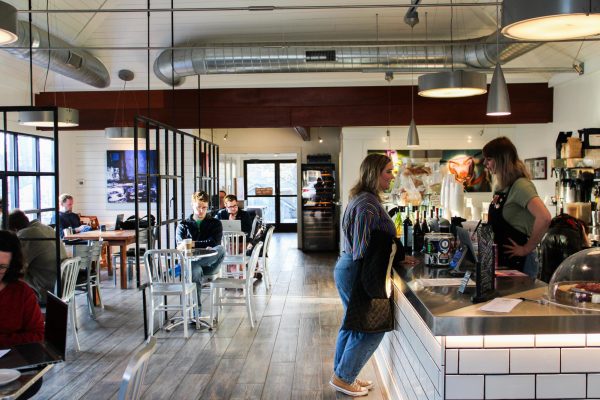Lessons from the holy land
October 22, 2015
By Cheyene Miller
When students enroll in a class taught by Jewish studies assistant professor Daniel Frese, they can expect to actively participate.
Originally from California’s Central Valley, Frese lived in Israel for three years while studying for his master’s degree at the Hebrew University of Jerusalem.
In addition to his classes, Frese said he hopes to start a program to take students abroad to Israel for the summer and study archeological sites related to the Bible.
Frese noted the cultural differences between Israel and the U.S., including that the entire country of Israel essentially shuts down on Saturday in observation of Shabbat, the Jewish day of rest.
“It would always seem to be that I forgot to go grocery shopping and would have to rush to the store on Friday afternoon before Shabbat started or else I wouldn’t have enough food for the weekend,” Frese said.
Frese also said Israel is religiously diverse depending on what city one visits, Jerusalem being more religious and Tel Aviv being more secular. The religious diversity changes neighborhood by neighborhood.
“There are places in Jerusalem that are almost 100 percent Muslim,” Frese said. “There are other places that are ultra Orthodox Jewish.”
In Israel, he witnessed firsthand the structures that would ultimately become the inspiration for his upcoming book.
The book, set to release in 2016, focuses on the gateways of towns in ancient Israel, which were vital to daily life for the people who lived there.
“I’m looking at the architecture of (the) gates, how they were built, why they were constructed in the very particular way that they were, because they were built the same way for at least 400 years,” Frese said.
The gateways served mainly for defense, but also as a place for social interaction and trade, Frese said.
Frese not only looks at the physical purposes of the gates, but also their symbolism in the Bible.
Frese described his teaching style as informal, and said he likes to “keep it light.”
“I don’t like to lecture too much,” said Frese, who prefers to engage students and have them share thoughts to improve their critical thinking abilities.
Frese said he promotes debate among students with the understanding that everyone must be able to back up their argument with logic.
“As long as the debate is respectful, it can be very fruitful,” Frese said.





